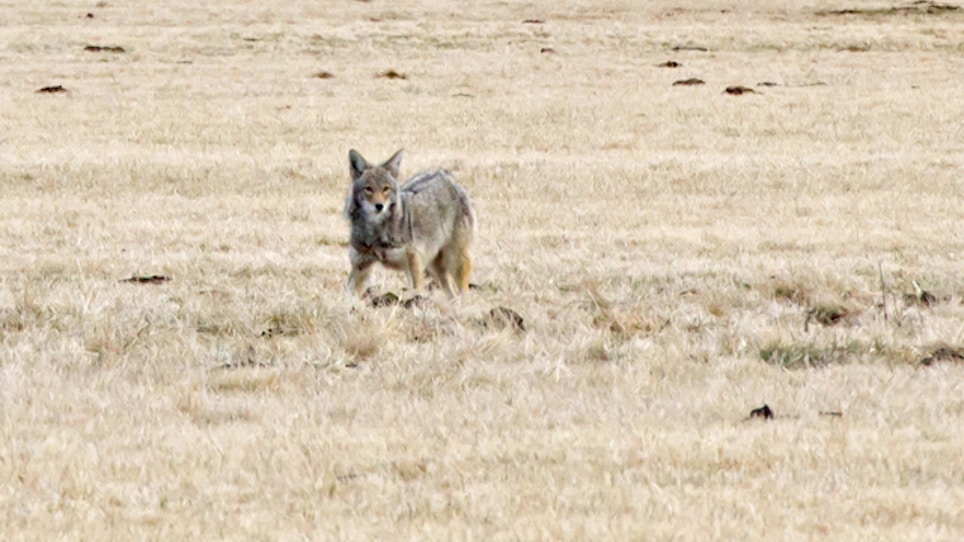Should coyote hunting contests be banned by state wildlife agencies or other legislative bodies?
That's a question often asked by those agencies, bodies, non-hunters and even some hunters. Depending on who you're talking with, there seems to be no easy answer.
Proponents will say yes, that such events are beneficial by helping thin a predatory species. Opponents will say no, they're terrible events with no positive upside. The legislative bodies and wildilfe agencies hear from both sides, have their political strings tugged and, in the case of the agencies, attempt to provide biological-based information to the discussion.
Washington is the latest state considering a ban or restrictions. If it does it would join at least eight others, Massachusetts being the latest to do so, in the last couple of years to have clamped down on such contests. Other states with bans or restrictions include California, New Mexico and Arizona.
Predator events often are quite successful. A contest in New York, held for 13 years by the Federation of Sportsmen’s Clubs of Sullivan County, attracted 636 participants and yielded 118 coyotes including a 50-pound female. Dozens of sponsors helped with the event and meal for more than 300 attendees.
For the hunters, the events test their hunting and calling skills. They also provide some camarderie, including exchanging ideas and meeting like-minded people. Biologically, removing coyotes may be helpful in some instances where they're negatively impacting whitetail deer, turkeys or other game.
Opponents point to various reasons why the events should be halted, among those often being that "it's just not right." That's not a biological reason, however, but in legislative and agency decisions must be part of the conversation.
“Sometimes we have to do something for social reasons and this is one of them, in my mind,” said Barbara Baker, the Thurston County commissionerwho requested the Washington commission consider the changes. “This is the kind of thing that gives hunters a bad name.”
Some hunters would say "Eh, that's her opinion" but in these battles, you can't ignore all the input. That something like this might be a negative on hunters and hunting should be considered, along with the other factors.
Any biological standpoint should carry heavier weight when discussing wildlife management. Anis Aoude, the Washington Department of Fish & Wildlife game manager, said the WDFW neither promotes nor bans such contests because there's no biological reason to do either.
“But … it seems like the way society is progressing these things are probably not as accepted as they once (were),” Aoude said. “But from our perspective, biologically, it’s not an issue. But we do consider the social parts of it as well.”
Also, biologically, such contests can boost other species that are threatened, struggling or on a natural down cycle but are hit hard by coyotes and predators. In Washington, Matt Mimnaugh, a board member of the Inland Northwest Wildlife Council and chairman of the big game committee, pointed that out in the commission meeting. Good point, too.
It's not cut and dried all the time. Emotion and subjective "that's just wrong!" passions should never overrule biological standing, although it happens. One easy example is Florida's reluctance to hold another bear hunt. Biologically, the state could do so. But anti-hunting emotions and political backroom decisions shut it down.
In Maine, similar attempts failed to end bear hunts. New Jersey politicians play political football with black bears, and we see the grizzly in the Rockies and wolves in the Great Lakes punted around in the courts — those of legal standing, and public opinion.
Coyote hunting contests may play a positive role in ways not understood by all. Banning them completely may satisfy some, who then may move their support to the next state and try again.
Is there middle ground? Should they be banned completely?






